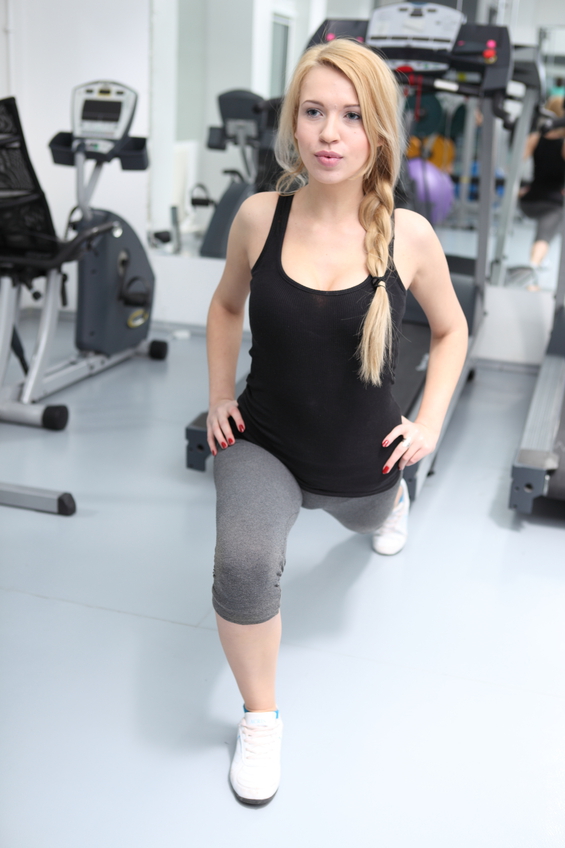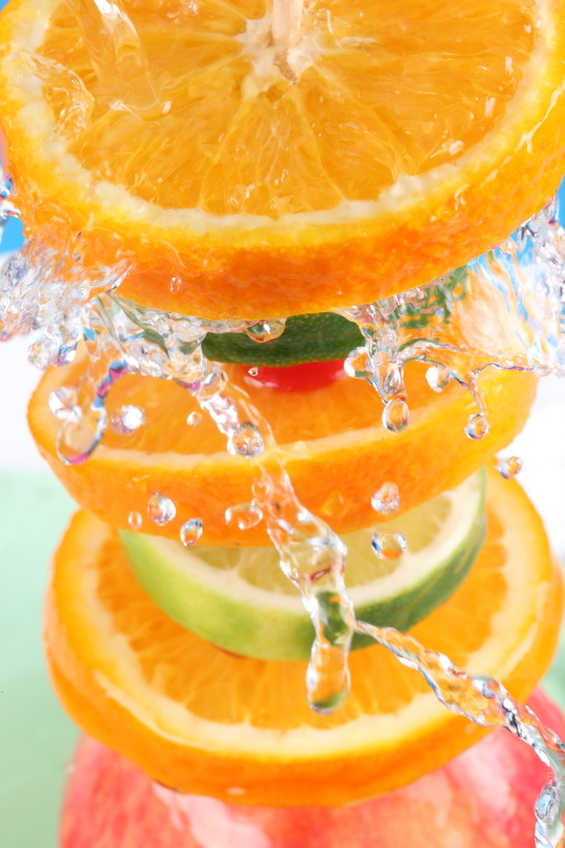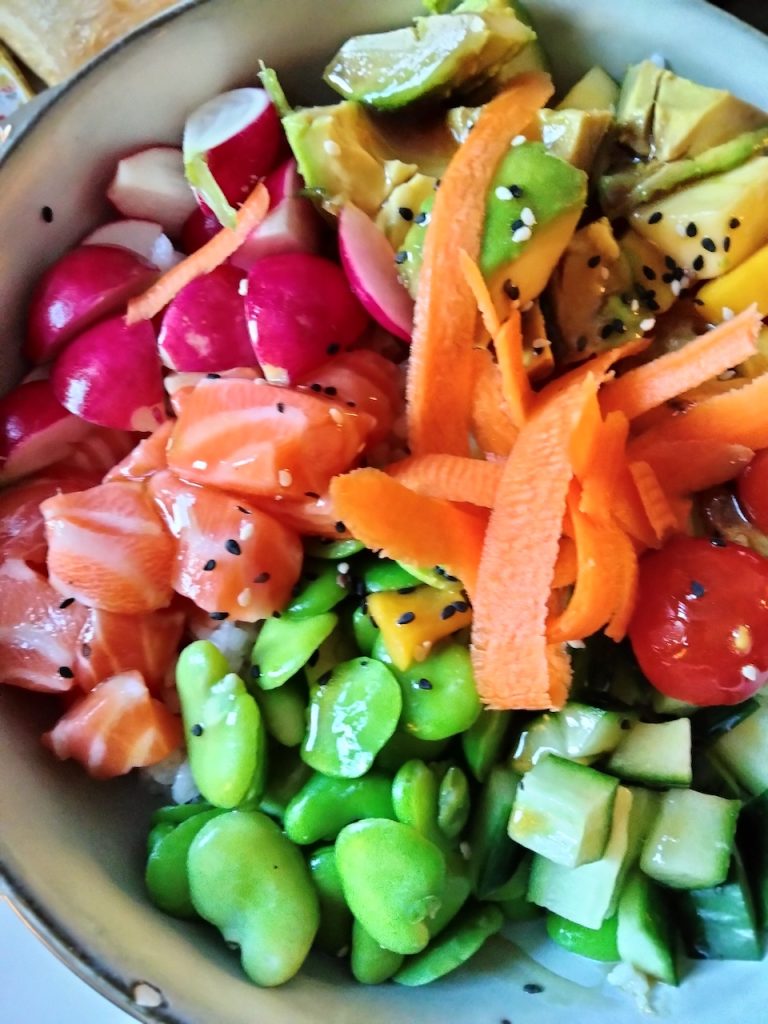Body Weight Exercises for Legs
Body Weight Exercises for Legs: Significance
Let’s move on to your lower body, specifically, to exercises for legs. We will cover body weight exercises for the hips, buttocks and core separately. Alternate upper– and lower-body moves to minimize rest periods, keep your heart rate elevated throughout your workout and save time. Engaging in resistance training and doing body weight exercises for legs regularly makes performing activities of daily living easier. General recommendations call for choosing effective exercises in a meaningful sequence (work largest muscles first). Working toward developing balanced strength amongst major leg muscles (quads and hamstrings, for example) may protect you from clomid without prescription common injuries, such as pulled muscles.
There are dozens of effective body weight exercises for legs, for maximum efficiency, choose compound moves or those that work multiple muscle groups simultaneously. Best results come from working out smarter, not necessarily longer.
Body Weight Exercises for Legs: Specifics
You don’t need exercise equipment to get stromectol online an effective, tough workout, even if you are already in great shape. According to the American Council on Exercise (ACE), squats, step-ups/downs, split squats/lunges and hamstring curls (standing or on all fours) are among the most effective body weight exercises for legs, in fact, for your whole lower getting provigil body. First…squats. Start with a basic squat and build from there. Deep squats, self-assisted squats, one-legged squats, walking lunges and squats – the variations are virtually endless.
Always challenge yourself and vary your exercise choices. Advanced exercisers may progress to plyometrics, power exercises that involve explosive but controlled jumping movements. Golden rule for standing leg work: Never extend your knees beyond your toes, keep your weight mainly over your heels.
Don’t neglect your calves when performing exercises for legs. Best choice: calf raises (2-legged or 1-legged, balancing or assisted). Remember, if you are relying on body weight alone (for resistance), you must concentrate on really contracting the target muscle, imagining you are trying to move against resistance, such as water.
Exercises for Legs: Last Words…
Warnings: avoid over-training and using inconsistent, poor form. Always stop if you are experiencing unusual or sharp pain. Do not rely on exercise ‘lists.’ Watch them performed by a professional on exrx.net or YouTube to read descriptions and view proper form through the full range of motion (video). Do step-ups on a box of an appropriate and realistic height. Step-up from behind a box/bench or from clomid the side. Always push through the heel of your working leg to lift your body upwards while contracting your butt. Last word: don’t forget to do a warm-up and post-workout stretch!













